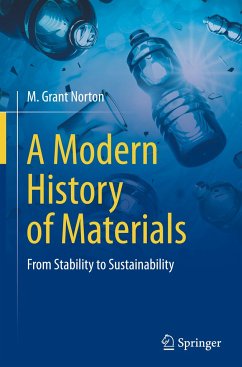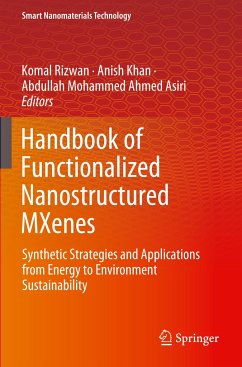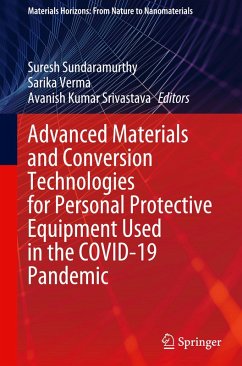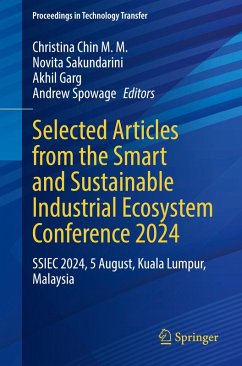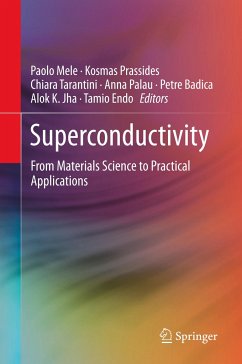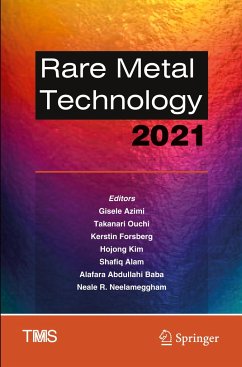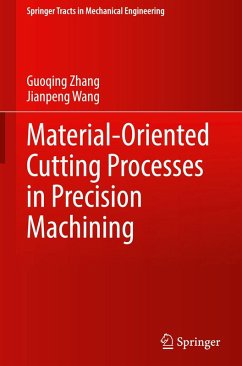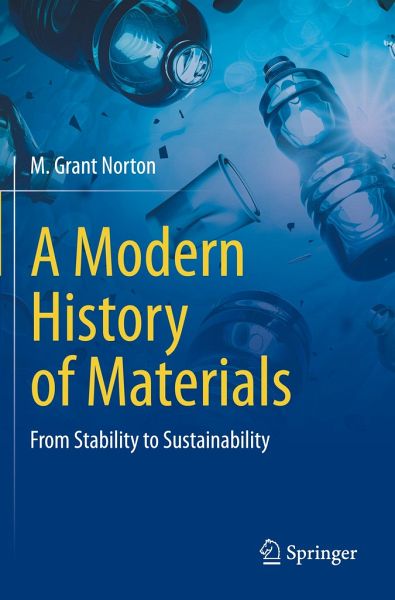
A Modern History of Materials
From Stability to Sustainability
Versandkostenfrei!
Versandfertig in 6-10 Tagen
42,99 €
inkl. MwSt.
Weitere Ausgaben:

PAYBACK Punkte
21 °P sammeln!
What could the ancient Egyptians tell us about 3D printing? How can we make lithium-ion batteries greener and more sustainable? Which materials will form the heart of future quantum computers?Plastic films, glass optical fibers, silicon crystals, and more - this book is about the history of the materials that have rapidly transformed our society over the last century and their role in the major global challenges of the future. From metal alloys ushering in a new age of industry to advanced materials laying the atomic brickwork of the Digital Revolution, the book examines the societal impact of...
What could the ancient Egyptians tell us about 3D printing? How can we make lithium-ion batteries greener and more sustainable? Which materials will form the heart of future quantum computers?
Plastic films, glass optical fibers, silicon crystals, and more - this book is about the history of the materials that have rapidly transformed our society over the last century and their role in the major global challenges of the future. From metal alloys ushering in a new age of industry to advanced materials laying the atomic brickwork of the Digital Revolution, the book examines the societal impact of the modern materials revolution through the twin lenses of stability and sustainability.
Why aren't maglev trains mainstream? Whatever happened to graphene and carbon nanotubes? The book also looks at the unmet promises of some of the most exciting - and hyped - technologies in recent decades - superconductivity and nanotechnology. The final chapter reviews our history of materials usage, the increasing demand for many critical raw materials, and addresses the upcoming new challenges for creating a circular economy based on reusing and recycling materials.
Plastic films, glass optical fibers, silicon crystals, and more - this book is about the history of the materials that have rapidly transformed our society over the last century and their role in the major global challenges of the future. From metal alloys ushering in a new age of industry to advanced materials laying the atomic brickwork of the Digital Revolution, the book examines the societal impact of the modern materials revolution through the twin lenses of stability and sustainability.
Why aren't maglev trains mainstream? Whatever happened to graphene and carbon nanotubes? The book also looks at the unmet promises of some of the most exciting - and hyped - technologies in recent decades - superconductivity and nanotechnology. The final chapter reviews our history of materials usage, the increasing demand for many critical raw materials, and addresses the upcoming new challenges for creating a circular economy based on reusing and recycling materials.





